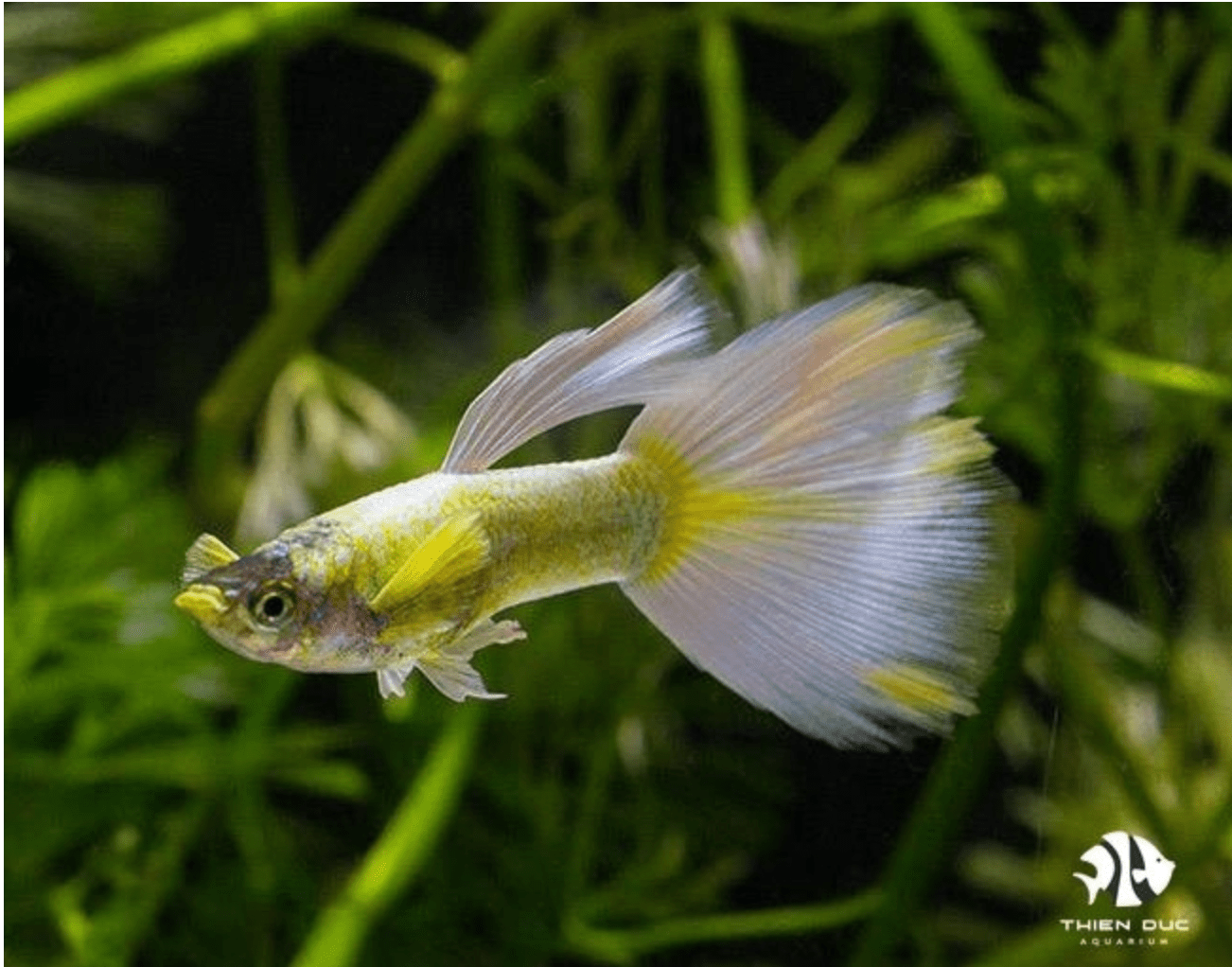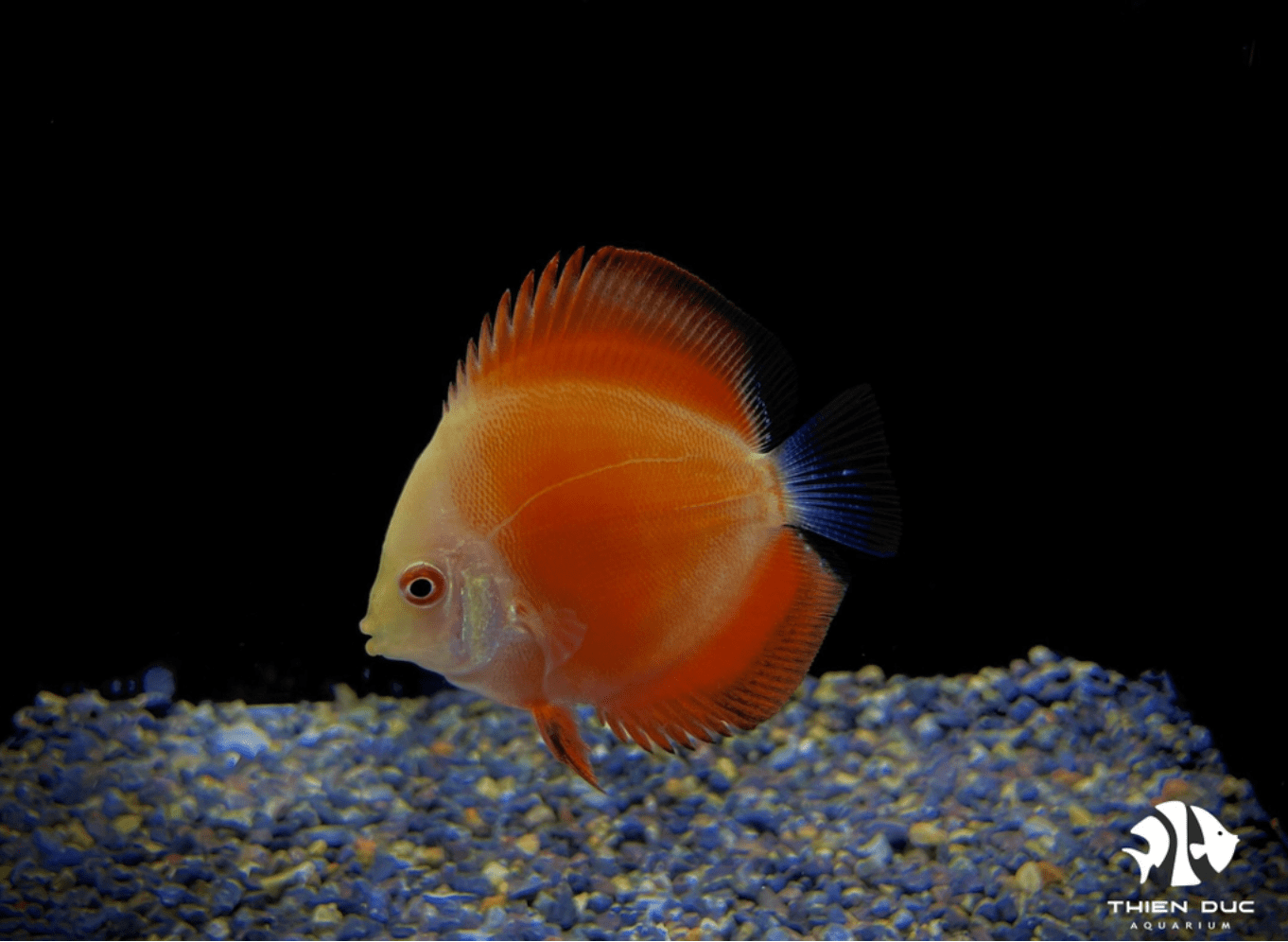Marine Aquarium Fish Export: Regulations and Compliance
The global demand for marine aquarium fish is booming, fueled by a growing fascination with the vibrant colors and captivating behaviors of these underwater creatures. This demand has led to a thriving export industry, connecting aquarists around the world with the beauty of the ocean. However, the trade in marine aquarium fish is not without its challenges.
To ensure the sustainability of this industry and the protection of marine ecosystems, a complex web of regulations and compliance requirements must be navigated. ThienDc Aquarium will guide you through the intricacies of marine aquarium fish export.
The Importance of Regulations and Compliance
The export of marine aquarium fish is subject to a stringent set of regulations designed to protect both the environment and the fish themselves. These regulations are crucial for ensuring the sustainability of the industry and preventing the spread of invasive species and diseases.

Conservation and Sustainability
Marine ecosystems are facing increasing pressure from human activities, including overfishing and habitat destruction. Regulations governing the export of marine aquarium fish play a critical role in protecting wild fish populations and ensuring the long-term sustainability of the industry.
-
Quotas and Limits: Regulations often establish quotas or limits on the number of fish that can be harvested from specific populations, preventing overexploitation.
-
Protected Species: Many marine species are protected under international or national laws, prohibiting their capture and trade.
-
Sustainable Harvesting Practices: Regulations may require the use of selective fishing methods that minimize the impact on non-target species and habitats.
Biosecurity
The introduction of invasive species or diseases can have devastating consequences for marine ecosystems. Regulations are essential for preventing the spread of these threats through the trade in aquarium fish.
-
Quarantine Procedures: Quarantine periods are often required for imported fish to ensure they are free from diseases and parasites.
-
Health Certificates: Exporting countries may require health certificates from suppliers to verify the health status of the fish.
-
Species Identification: Regulations may require accurate identification of species to prevent the introduction of invasive or prohibited species.
Key Regulations and Compliance Requirements
The export of marine aquarium fish is governed by a complex web of international and national regulations. Understanding these regulations is crucial for ensuring compliance and avoiding penalties.
International Trade in Endangered Species (CITES)
The Convention on International Trade in Endangered Species of Wild Flora and Fauna (CITES) is an international agreement that regulates the trade of endangered and threatened species. Many marine aquarium fish species are listed under CITES, requiring permits for their export and import.
-
Appendix I: Species listed in Appendix I are considered to be most threatened with extinction and are subject to strict trade restrictions.
-
Appendix II: Species listed in Appendix II are not necessarily threatened with extinction but may become so if trade is not carefully controlled.
-
Appendix III: Species listed in Appendix III are protected in at least one country and require permits for export from that country.
National Regulations
In addition to CITES, each country has its own set of regulations governing the export of marine aquarium fish. These regulations may vary significantly from country to country, covering aspects such as:
-
Species Restrictions: Some countries may prohibit the export of certain species due to conservation concerns or biosecurity risks.
-
Permits and Licenses: Exporters may require permits or licenses to operate and export marine aquarium fish.
-
Health and Quarantine Requirements: Countries may have specific health and quarantine requirements for imported fish.
Export Permits and Documentation
Exporters must obtain the necessary permits and documentation to comply with both international and national regulations. This documentation typically includes:
-
Export Permit: A document issued by the exporting country authorizing the export of the fish.
-
Health Certificate: A document issued by a veterinarian or authorized official certifying the health of the fish.
-
Invoice: A document detailing the species, quantity, and value of the fish being exported.
-
CITES Permit: If the species is listed under CITES, a permit from the exporting country is required.
Best Practices for Compliance
To ensure successful and compliant export of marine aquarium fish, it's crucial to follow best practices that prioritize ethical sourcing, proper handling, and adherence to regulations.
Sourcing from Responsible Suppliers
-
Ethical Sourcing: Choose suppliers who prioritize ethical and sustainable practices, ensuring the fish are sourced responsibly and raised in healthy conditions.
-
Captive Breeding: Support suppliers who engage in captive breeding programs to reduce the pressure on wild populations.
-
Transparency and Traceability: Inquire about the supplier's sourcing practices and request documentation to verify the origin and health of the fish.
Proper Handling and Transportation
-
Humane Handling: Handle fish gently and avoid overcrowding during transport.
-
Appropriate Containers: Use containers that are large enough and provide adequate aeration and water quality.
-
Temperature Control: Maintain appropriate water temperatures throughout transport to minimize stress on the fish.
Compliance with Quarantine Regulations
-
Quarantine Procedures: Follow quarantine procedures as required by importing countries to prevent the introduction of diseases.
-
Health Monitoring: Monitor the health of the fish during quarantine and seek veterinary care if necessary.
-
Documentation: Maintain accurate records of quarantine procedures and any health issues that arise.
The Role of ThienDuc Aquarium in Responsible Export
ThienDuc Aquarium, established in 2012 in cu chi district - ho chi minh city, is a leading provider of freshwater and marine ornamental fish, renowned for its commitment to quality, sustainability, and customer satisfaction.

ThienDuc Aquarium's Commitment to Compliance
ThienDuc Aquarium is fully committed to complying with all relevant regulations governing the export of marine aquarium fish. We prioritize ethical sourcing, sustainable practices, and the well-being of the fish throughout the entire process.
Expertise in Export Procedures
ThienDuc Aquarium has extensive experience in navigating the complex regulations and procedures involved in exporting marine aquarium fish. Our team of experts can provide guidance and support to customers, ensuring smooth and compliant export processes.
Focus on Quality and Sustainability
ThienDuc Aquarium is dedicated to providing high-quality, ethically sourced marine fish. We prioritize captive breeding programs and responsible harvesting techniques to minimize the impact on wild populations.
Conclusion
The export of marine aquarium fish is a complex and regulated industry. Compliance with international and national regulations is essential for ensuring the sustainability of the trade and the protection of marine ecosystems. By adhering to ethical sourcing practices, proper handling methods, and quarantine procedures, exporters can contribute to the responsible development of this industry.
ThienDuc Aquarium stands out as a trusted partner for marine aquarium fish export, offering expertise, compliance, and a commitment to quality and sustainability. If you're looking to export marine aquarium fish, ThienDuc Aquarium can provide the guidance, support, and high-quality fish you need to succeed. Contact ThienDuc Aquarium today to discuss your export needs and learn more about their commitment to responsible practices.
Contact Information:
-
Address: 57 Le Thi Sieng, Tan Thong Hoi, Cu Chi, Ho Chi Minh City, Viet Nam
-
Mobile: +84903912501
-
Office: +84982577871
-
Email: thien@thienducaquarium.com











